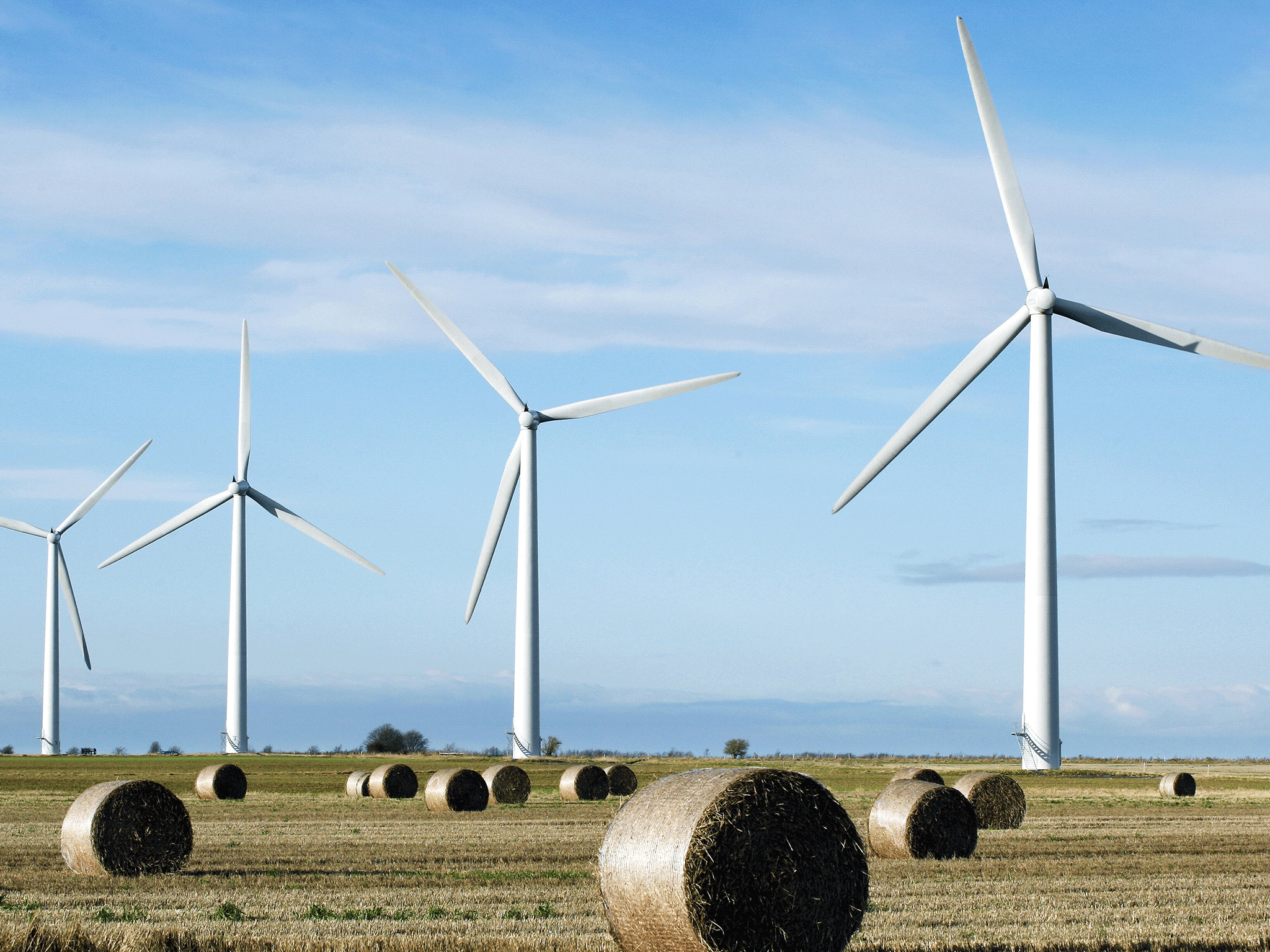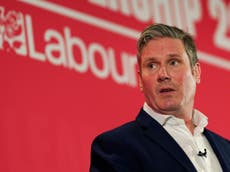Government has no plan to reach its own climate target, experts warn
Ministers accused of lack of leadership following 2050 net zero commitment

Your support helps us to tell the story
From reproductive rights to climate change to Big Tech, The Independent is on the ground when the story is developing. Whether it's investigating the financials of Elon Musk's pro-Trump PAC or producing our latest documentary, 'The A Word', which shines a light on the American women fighting for reproductive rights, we know how important it is to parse out the facts from the messaging.
At such a critical moment in US history, we need reporters on the ground. Your donation allows us to keep sending journalists to speak to both sides of the story.
The Independent is trusted by Americans across the entire political spectrum. And unlike many other quality news outlets, we choose not to lock Americans out of our reporting and analysis with paywalls. We believe quality journalism should be available to everyone, paid for by those who can afford it.
Your support makes all the difference.The government has no plan to reach its own “net zero” climate target despite having written it into law last year, experts have warned.
The Institute for Government, a think-tank, said that "leadership has been lacking" and that the legal and political commitment had yet to translate into serious policy changes, with the clock ticking.
In June last year, Theresa May's government committed the UK to reaching carbon neutral emissions by 2050, amending the earlier climate change act that included a less ambitious commitment. Boris Johnson has said he is committed to the policy.
But academics studying the government's approach accuse it of having "balked at measures that risk public opposition" and said ministers had not yet broken from a "business as usual" approach.
The IfG report said that the government had been "rightly preoccupied by responding to the coronavirus crisis" but that it would "be impossible to get on track for an economic transformation as enormous as net zero if it remains only middle ranking on the prime minister’s priority list".
The report calls for net zero to be "embedded in the UK's recovery plan" from coronavirus.
On the positive side, the researchers say progress has been made in power generation, where renewable energy has come online faster than expected thanks to falling prices of renewables and the demise of coal.
But they warned that other sectors such as transport and housing, which produce significant emissions, still suffer from a lack of long-term planning by the government, particularly when it comes to detail of how broad targets will be achieved.
A lack of certainty and "constant changes" are also leaving the private sector confused and unable or unwilling to plan for the long-term, the report argues.
Commenting on the report, Sarah Olney, the Liberal Democrats’s environment spokesperson, said government ambitions needed to translate into investment in real project such as improved public transport.
"It is no surprise that the Conservatives are nowhere near meeting their commitment to reach net zero. They have failed to take the climate emergency seriously and subsequently have lacked any ambition in the measures they've put forward," she said.
"Ministers are failing to cut emissions fast enough. The Liberal Democrats would cut emissions by 75 per cent by 2030 and achieve net-zero by 2045 and this is entirely achievable. By putting forward a green recovery plan for our economy, which would create green jobs and see investment on green projects such as public transport, we could tackle the climate emergency before it's too late."
Matthew Pennycook, Labour's shadow minister for climate change, said: "This report lays bare the government’s failure to put the country on a path to net zero emissions.
"If ministers were determined to end the UK’s contribution to global heating by mid-century they would have a clear roadmap to achieve that goal, it would be pursued relentlessly from the centre, the institutional architecture would be put in place to coordinate and drive progress across all departments, and emissions reduction would be woven throughout government policy.
"Until this government gives emissions reduction the status it requires and acts accordingly, the UK is destined to remain off track for the net-zero target legislated for just over a year ago”.
Jill Rutter, senior fellow at the IfG, warned: “Net zero is the biggest challenge facing government: it needs a government that can think long-term, work with business, take the public with it and is able to use the best science and technical expertise to ensure the UK reaches net zero at least cost to the economy. The prime minister has said he is committed to the goal — he needs to show that the UK has a plan to get there.”
Emma Norris, the IfG's research director, added: “Government has talked big on climate change but then balked at measures that risk public opposition. Parliament’s climate assembly has shown the potential for involving the public in the big choices facing the country – the government now needs to make that business as usual.”



Join our commenting forum
Join thought-provoking conversations, follow other Independent readers and see their replies
Comments